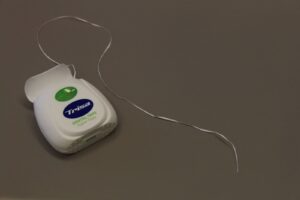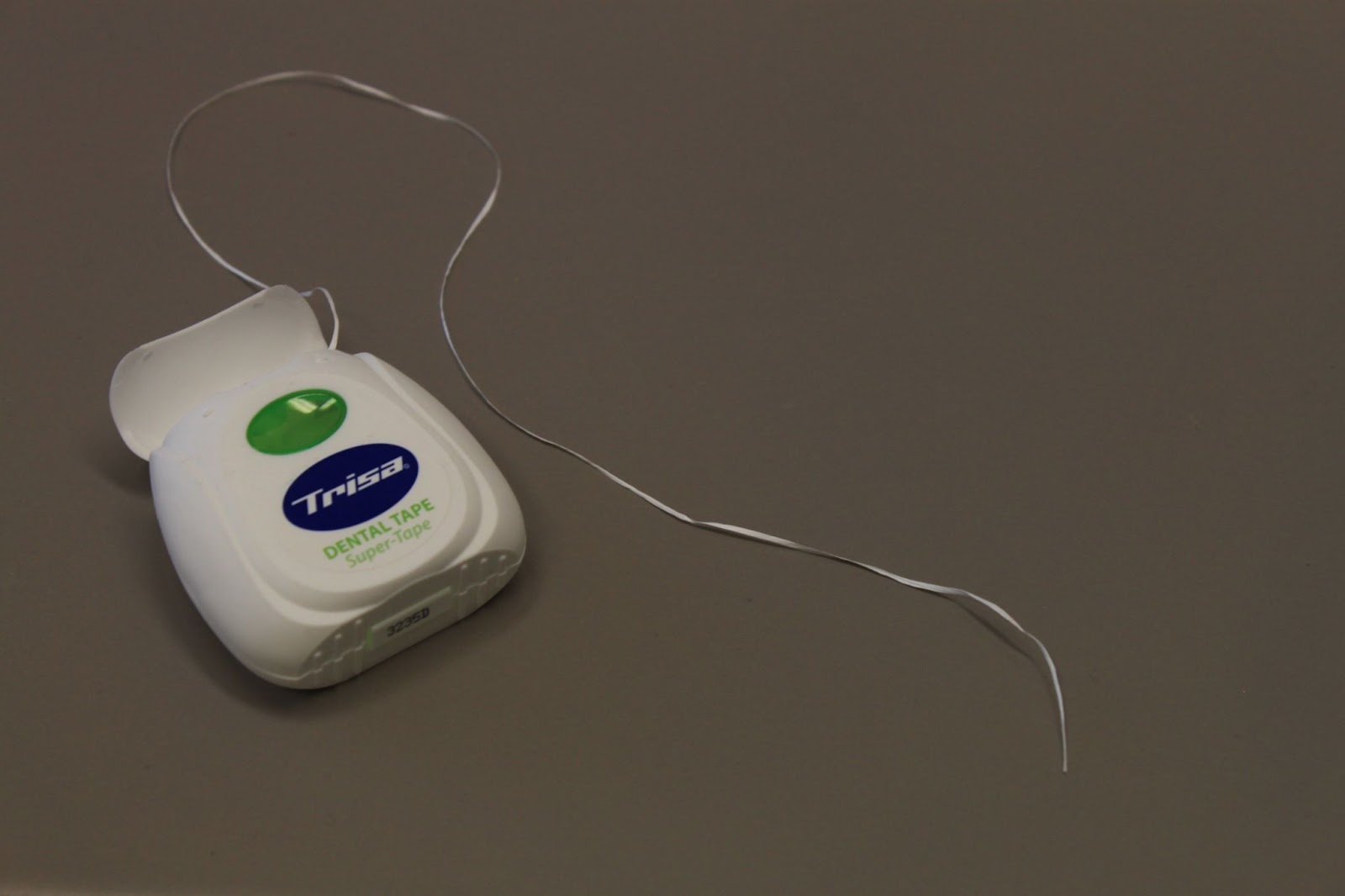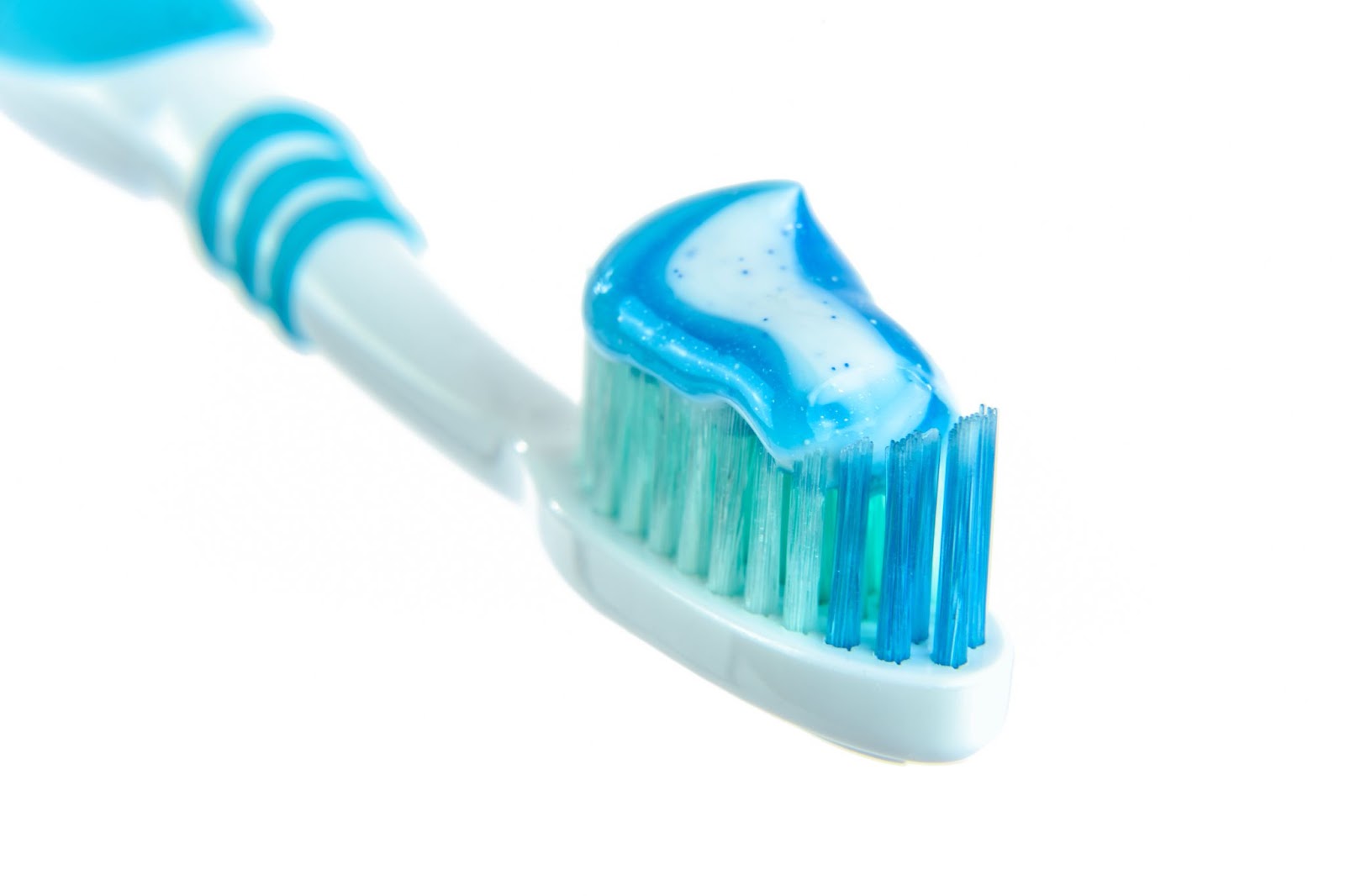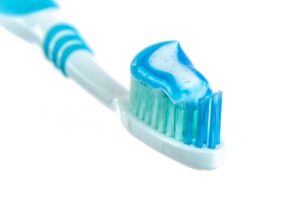
We’ve all been told at least once in our life that flossing daily is crucial. Here are four reasons why flossing may be beneficial for your oral health routine:
- Preventative care. Food and bacteria buildup between your teeth is unavoidable. Over time, these bacterial colonies lead to tooth decay and the destruction of your dental health. Flossing helps remove food and bacteria from areas that your toothbrush can’t reach.
- Helps prevent gingivitis and gum disease. Your teeth aren’t the only part of your mouth that needs attention. Many people take care of their teeth but ignore their gums. Researchers at the New York University College of Dentistry explain that the people who floss regularly experience much lower instances of periodontal pathogens, gum bleeding, and decay-causing bacteria in contrast with people who do not floss.
- Protects your smile. Flossing does more than just prevent cavities—it also preserves the bones that support your teeth. By preserving the height of that bony structure as well as a healthy smile, you’re maintaining a healthy and youthful appearance that will benefit you for years to come.
- Gives you better overall health. Gum disease doesn’t just affect your mouth and jaw. It has also been linked to heart disease, stroke, diabetes and even respiratory diseases. Flossing daily is more than just an optimal habit—it can help keep you healthy as you age.
We are pleased to offer a variety of oral health solutions to keep your smile healthy. We are also able to customize a health plan tailored to your specific needs. Book your appointment with our dental team today.





























